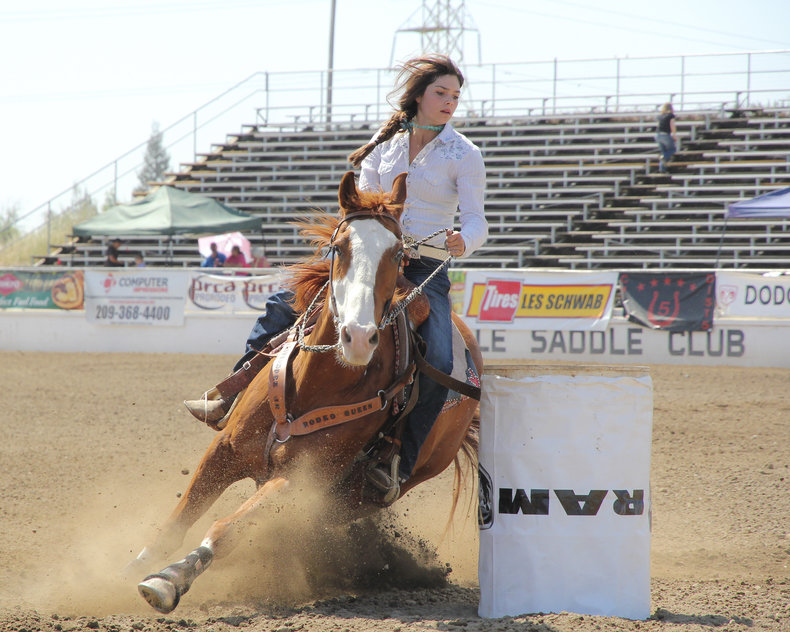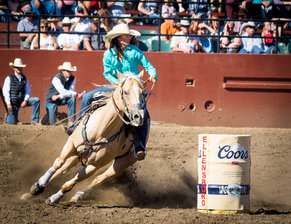
Self-Discipline
Never pity yourself. Be a hard master to yourself-and be lenient to everybody else.Grit is commonly associated with motivation and passion for goals by modern pundits. This is inaccurate as grit is based on self-discipline and can function even if you're not feeling particularly motivated or passionate. For example, facing a situation that you fear where your motivation tells you to run but your grit tells you to move forward.
― Henry Ward Beecher
Direction
Grit has direction and purpose but not necessarily goals. For example, a student who works hard at each assignment who views education as an important journey even though they don't know what they want to do with their life.Resoluteness
Grit is resolute. It's not necessarily flexible and adaptable although this can't be excluded either. For example, a farmer who has resolved to make potatoes grow in a particular field may have grit. Likewise, a farmer who has resolved to experiment in a field and grow something that thrives there may also have grit.Honesty
Grit shouldn't be portrayed as denial or hiding from problems or realities as it is candid and honest. It may fight against unlikely odds because it is based on direction and purpose as opposed to end-goals.Self-restraint
Self-restraint is an ability not to complain in hardship or show excessive emotions. This can be considered an important element of grit as complaining is fundamentally inconsistent with the philosophical basis of grit (see stoicism below).Action Over Talk
Grit doesn't brag about past accomplishments or future goals. This is the other side of self-restraint whereby an individual is focused on the problems at hand over self-promotion or complaining. For example, it would be suspect to virtue signal grit as the truly gritty aren't into this lowly type of behavior.Unaffectedness
An individual with grit isn't easy to manipulate or influence. For example, their emotions don't go up and down with every minor compliment or insult.Pragmatism
Although the gritty are resolute, restrained and unaffected they aren't necessarily impractical or resistant to change. For example, a gritty salesperson who bounces from rejection to rejection without a loss of enthusiasm or professionalism who is flexible and open to customer requests such as a customized product.Bravery
The ability to face fear in a self-controlled way. Bravery should not be confused with a lack of fear as it takes no bravery to do something that doesn't scare you. For example, a pilot who is able to handle a serious aircraft malfunction in an focused and professional manner.Hardiness
The ability to endure hardship and unfairness to come out the other side. For example, an athlete who is able to recover from cancer and train hard to resume their career.Perseverance
The ability to do more than endure but to find a way to try to win eventually. Grit is associated with individuals who can endure things because believe they can eventually persevere. For example, a student who endures hardships at school for many years to finally persevere by emerging with the character, talent and knowledge that helps their adulthood to be interesting and rewarding.Stoicism
Stoicism is the philosophy that it is best to be indifferent to both good luck and bad luck such that you focus on your own virtuous response to each. The roots of stoicism go back to Socrates and serve as the philosophical foundations of grit.Resilience
One of the positive outcomes of grit is that you end up being more resilient to hardship and stress. For example, a sailor who has faced several serious storms with grit will become proficient at handling storms that may cause lessor sailors to panic and make mistakes.Notes
Characters in film and protagonists in literature that have grit are typically more admirable and intriguing than those driven by the cliche of passion, motivation and goals. As characters with grit don't require passion they can be dark. As they require no goals they can be mysterious. For example, a character with a MacGuffin.Grit has various cultural variations such as Britain's stiff upper lip and Norway's sisu. Grit is often viewed as a mature character trait that emerges with experience. Due to the process of resilience, this does have some truth to it. However, it shouldn't be assumed that older people automatically have grit or that younger people automatically lack it.The term grit is an analogy to dirt with the idea being that dirt is tough. It has onomatopoeic qualities as the word "grit" sounds tough with its beginning "grrrr" sound and sharp ending "t".| Overview: Grit | ||
Type | ||
Definition | Toughness and resolve in conditions of hardship or risk. | |
Related Concepts | ||

































